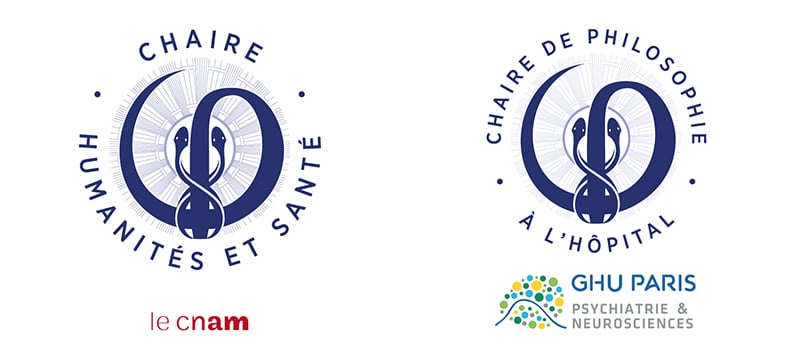Technology allows us to observe the brain like never before, but just what is the subject behind the diodes? Who is he? “A mixed man,” answers philosopher Cynthia Fleury, quoting Montaigne and his Essays in this introductory session of the seminar “The Subject in Psychiatry” on 7 November 2017.
https://www.youtube.com/watch?v=t3TQ_ztRSD8At a time when the neurosciences have been invited into the field of mental health, when the black box under the skull seems to be ready to reveal all its secrets, the Seminars at Sainte-Anne, whose introductory session with its two founders, the philosopher and psychoanalyst Cynthia Fleury and Raphaël Gaillard, professor of psychiatry and head of the department at Sainte-Anne, explore the subject, what makes a human being. Their first steps are with Michel de Montaigne (1533-1592), a Renaissance philosopher and moralist, who signals “the advent of the modern subject,” explains Cynthia Fleury. His Essays develop a “narrative identity” that attains the universal with a singular “I” that is first born out of the intersubjective relationship, which is built on the question of humanism. Being a subject means “being aware of the noise of the world and not producing feeling”.
Montaigne explores the question of meaning, of signification. He teaches us about the construction of the subject. As a modern man, he fights against “busy-ness “: “Men let themselves out to hire; their faculties are not for themselves, but for those to whom they have enslaved themselves; ‘tis their tenants occupy them, not themselves. This common humour pleases not me. We must be thrifty of the liberty of our souls, and never let it out but upon just occasions, which are very few, if we judge aright. “(Book III, Chapter X) “I look to myself, and commonly covet with no great ardour what I do desire, and desire little; and I employ and busy myself at the same rate, rarely and temperately. Whatever they take in hand, they do it with their utmost will and vehemence. There are so many dangerous steps, that, for the more safety, we must a little lightly and superficially glide over the world, and not rush through it. Pleasure itself is painful in profundity. “(Book III, Chapter X)
There is no question of moving under the pretext of action. Montaigne needs some time to himself, “I am all mine,” he says, not as a selfish gesture but as a sort of “permanent self-care”. He shows us the way.
For more information:
Magnard, Pierre and Gontier, Thierry (ed.) Montaigne. Collection Les Cahiers d’Histoire de la Philosophie, 2010.
Magnard, Pierre. Le vocabulaire de Montaigne (Montaigne’s Vocabulary). Paris: Ellipses, 2015.
